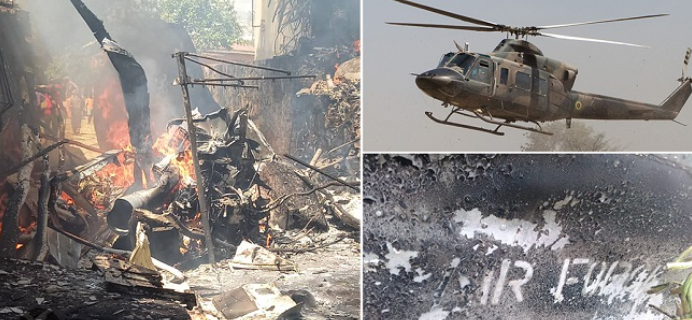Contribution
THE TRAGIC crash of a helicopter carrying Malawian Vice President Saulos Chilima and nine others on June 10, 2024, has once again drawn attention to the increasing frequency of helicopter accidents.
This latest incident adds to a growing list of fatal crashes that have raised serious concerns about the safety and reliability of helicopter travel.
On June 10, a military helicopter transporting Vice President Chilima and other dignitaries from Lilongwe to Mzuzu went down in a forested area due to poor visibility.
The wreckage was found a day later, with no survivors. This tragedy has left Malawi and the international community in mourning, highlighting the vulnerabilities associated with helicopter travel in adverse weather conditions.
In another high-profile incident, Nigerian businessman Herbert Wigwe and his wife narrowly escaped death when their helicopter crashed in Lagos in May 2024.
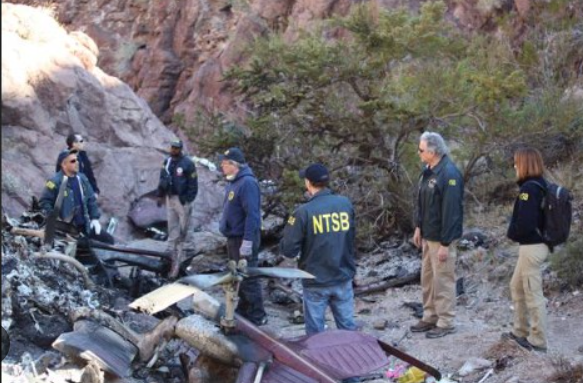
The helicopter, which was en route to a business meeting, experienced engine failure shortly after takeoff and crash-landed in a residential area.
Miraculously, both Wigwe and his wife survived with minor injuries, but the crash resulted in significant property damage and raised questions about the maintenance and safety protocols of private helicopter services in Nigeria.
This incident is part of a disturbing trend of helicopter crashes that have occurred in recent years. In December 2023, a helicopter crash in Kazakhstan killed all 15 people on board.
The aircraft, operated by the Kazakh military, was on a routine training mission when it encountered severe turbulence and crashed into a mountainous region.
Earlier in September 2023, a commercial helicopter in the United States crashed in the Grand Canyon, killing six tourists and the pilot.
The crash was attributed to mechanical failure, which caused the helicopter to lose control and plummet into the canyon.
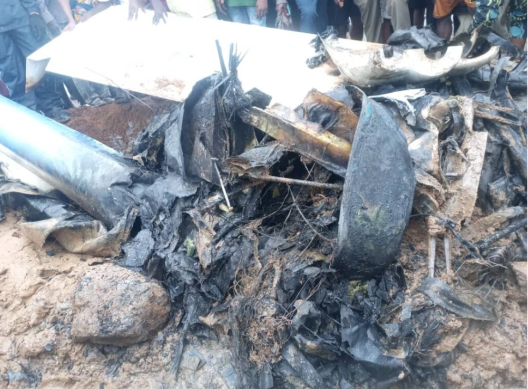
This incident not only highlighted the risks associated with scenic tours but also raised questions about the maintenance and inspection protocols for commercial helicopters.
In March 2023, another devastating crash occurred in Brazil, where a helicopter carrying 12 people, including high-ranking government officials, went down in the Amazon rainforest.
The crash was caused by engine failure, and all aboard were killed. The remote location of the crash site made the rescue and recovery operations particularly challenging.
In India, February 2023 saw a helicopter crash in the state of Maharashtra, killing five people, including a prominent business tycoon. Preliminary investigations indicated that the crash was due to pilot error compounded by poor weather conditions.
In addition to these high-profile cases, there have been numerous other incidents worldwide, often involving private and medical helicopters.
These crashes have resulted in significant loss of life and have prompted aviation authorities to scrutinize the factors contributing to these accidents.
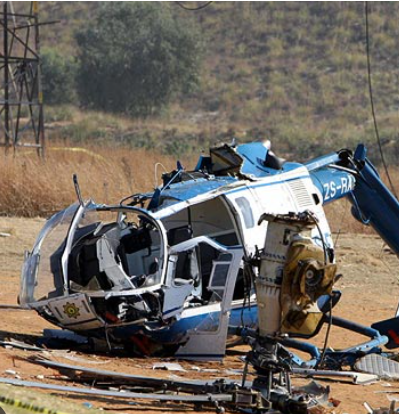
A recurring theme in these crashes is adverse weather conditions, which can dramatically affect helicopter performance and safety.
Mechanical failures and maintenance issues are also significant contributors, raising concerns about the standards and rigor of inspections and servicing.
The spate of helicopter crashes has led to calls for stricter safety regulations and more rigorous enforcement of existing standards.
Aviation safety experts emphasize the need for improved pilot training, particularly in handling adverse weather and emergency situations.
There is also a push for better technology in helicopters, such as enhanced navigation systems and more robust communication equipment, to improve safety.
Governments and aviation authorities are under increasing pressure to address these safety concerns.
The International Civil Aviation Organization (ICAO) has been urged to review and update global helicopter safety standards, ensuring that all operators adhere to best practices.
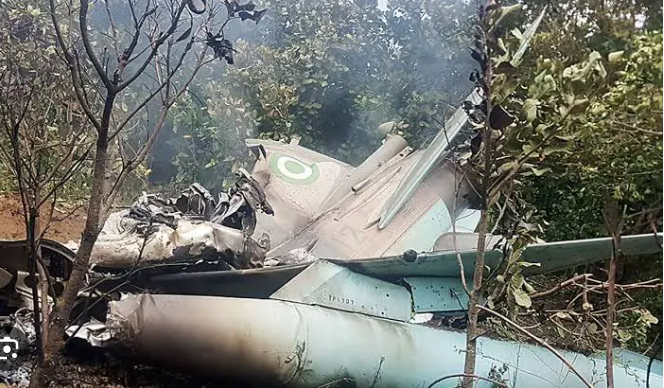
The tragic death of Malawian Vice President Saulos Chilima and the other victims of recent helicopter crashes serve as a stark reminder of the dangers associated with helicopter travel.
As the aviation industry continues to grow, ensuring the safety of all passengers must remain a top priority. The recent surge in crashes underscores the urgent need for comprehensive measures to enhance helicopter safety and prevent further tragedies.



